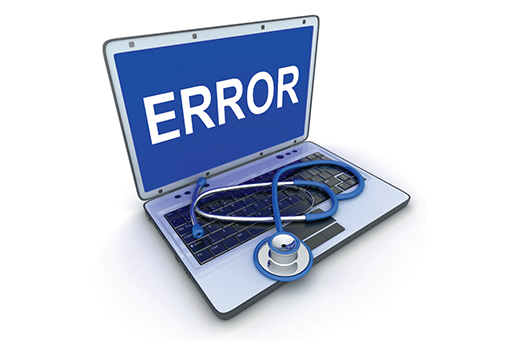Clinical

Update: Medical errors third leading cause of death in US
In Clinical
Let’s get clinical. Follow the links below to find out more about the latest clinical insight in community pharmacy.Bookmark
Record learning outcomes

Medical errors could be the third leading cause of death in the US, while the UK could be underestimating their prevalence, researchers have suggested.
Based on figures on iatrogenic deaths published since 1999, it has been estimated that 251,454 people died from medical errors in the US during 2013. However, this figure might underestimate the death toll as it is based on errors documented in the medical records that could be extracted and includes only in-patient deaths.
Nevertheless, medical errors were the third commonest cause of death behind heart disease (611,105 deaths) and cancer (584,881) but ahead of COPD (149,205).
The UK may also be underestimating the prevalence of medical errors. Many countries, including the UK, assign an International Classification of Disease (ICD-10) code to the cause of death. Errors can be inferred occasionally (e.g. anticoagulation causing adverse effects and overdoses) but many causes of death, such as human and system factors, are not associated with an ICD-10 code.
“Medical error leading to patient death is under-recognised in many other countries, including the UK,†say the report’s authors, who suggest that errors should be more visible and “a culture of speaking up†encouraged.
“Error reporting is a fundamental part of improving patient safety and is dependent on fostering an environment that encourages people to report,†Ash Soni, president of the Royal Pharmaceutical Society, told Pharmacy Magazine.
“Gathering information to identify the root cause of an incident can contribute to changes that minimise re-occurrence. It is vital that learning is not compromised through fear of prosecution. “We are working with the Government to end the automatic criminalisation of dispensing errors,†he says.
“Pharmacists working in the community and hospital sectors protect patient safety daily by picking up prescribing errors as well as getting involved in the design of safer systems around medicines prescribing and administration.Â
“Negative attitudes around reporting from colleagues or employers that can lead to a culture of fear need to be tackled and a culture that celebrates reporting, sharing, transparency and accountability around errors needs to be established.†Â
Mr Soni believes the NHS has much to learn from the airline industry, “which has developed excellent practice around error reportingâ€.
BMJ 2016; 353: i2139
